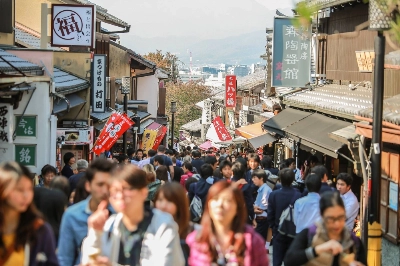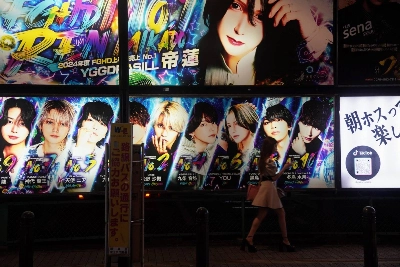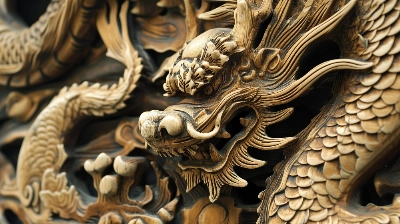At first glance, the highway privatization package approved by the Cabinet on Tuesday looks attractive indeed. The existing four operators, including the flagship Japan Highway Public Corp., will be placed in private hands, and the combined 40 trillion yen debt that has accumulated over the years -- the result of lavish construction spending -- will be paid off entirely under the expected efficient management of the privatized companies. After that, tolls will be abolished.
A closer look, however, reveals a plethora of problems, some of which appear almost insolvable. First, contrary to the basic principle of privatization, the government will keep a tight grip on the privatized firms, which will collect tolls on highways they lease from a quasi-public holding corporation. Since the tolls by themselves will be unlikely to produce profits, the new firms will have to find other ways of making money. This could reduce their attractiveness as private concerns and diminish their long-term chances of going public.
Continued government involvement will keep the door open for political intervention by "road-tribe" legislators, who want to see the planned 9,342-km national highway network completed with little or no change. Bureaucratic and political meddling is anathema to efficient management; it is also an invitation to corruption, as evidenced by past bidding scandals involving construction and maintenance contracts.


















With your current subscription plan you can comment on stories. However, before writing your first comment, please create a display name in the Profile section of your subscriber account page.